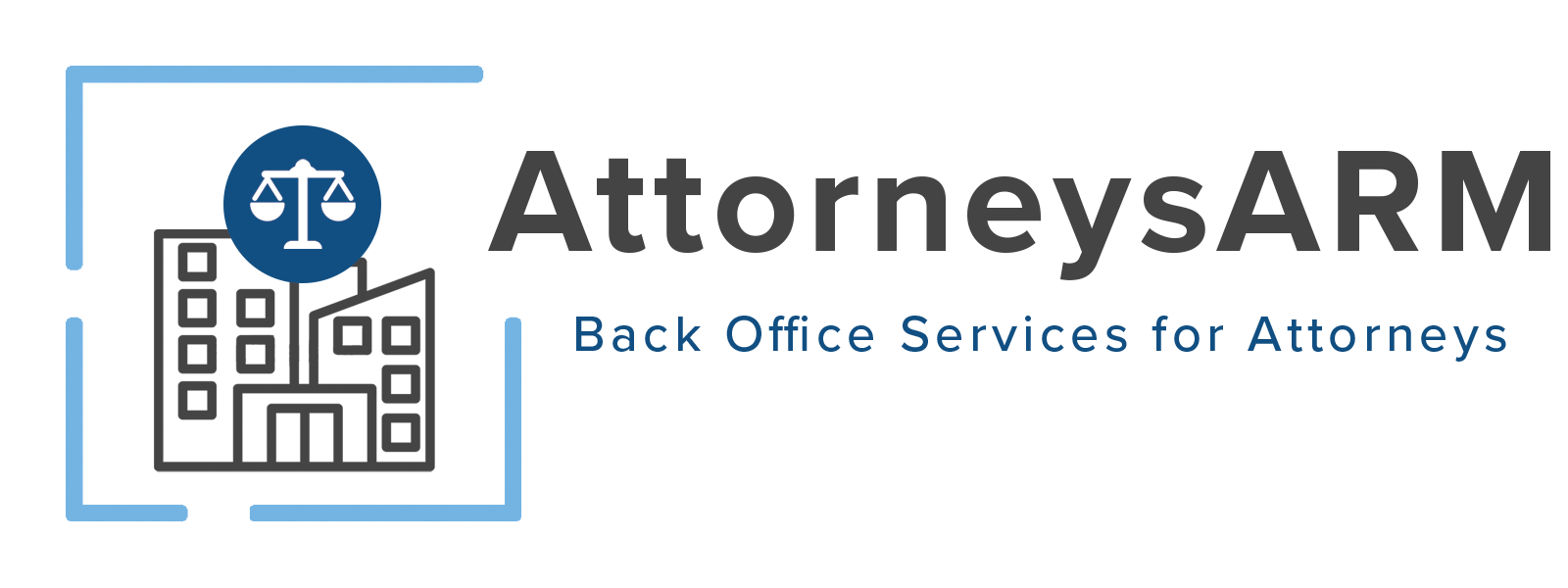When it comes to being part of a small law firm, or even being a solo lawyer, getting paid can sometimes be a hassle. There are many reasons clients may not be making payments, such as an emergency that hits them hard from a financial and emotional standpoint or not agreeing or not understanding the bill they received. The reason is secondary; regardless, you’re not getting paid! Here are some legal billing tips you can use to help you collect on past due invoices.
Include Everything in Your Retainer Agreement
Your retainer agreement is the first step of the billing process. Outline all fees that may be incurred while you represent them in the agreement, how often invoices go out, when they are sent each month (and whether there are electronic billing and payment options), and how and when payments are to be made, you take a lot of the guess work out of the process before it even begins. Explaining everything in writing gives clients the opportunity to discuss the financial arrangement, ask questions about how you bill for your time, and clarify any area of your policy that they don’t agree with or understand. The retainer agreement also acts as documentation that both you and the client can refer to if there are questions.
Immediately Document Your Time Spent on Billable Matters
Did you just take a phone call for your client? Write it down: the date, the time spent, the client, the subject matter, and what you said to the client Contacted the opposing attorney to set up a meeting, deposition, or phone conference? Write it down: the name of opposing counsel, with whom you spoke, why you phoned, the case number for your files, the name of your client, and a summary of your conversation (including any pertinent dates). Making extra trips to the court house to file additional responses? Track your mileage, time spent, and the name of your client! Include the file number if your client has more than one active matter.
By keeping track of the time you spend (and extra expenses spent) on a case immediately helps your billing because there’s less guess work, looking for lost notes, and more accuracy. Use legal billing software every day to keep up. You can still rely on paper notes during the day, if you’d like! Just designate one notebook to write everything down in and make sure that information is put into the billing software every day. If you have a billing clerk, make sure that you provide your billing to them every day.
Keeping up with billing is one of the hardest things for lawyers to do. Keeping good, detailed notes on what you do and how long it took you will help by minimizing billing errors, which ultimately helps you and your firm.
Legal Invoice Details
When it is time to create your invoice, remember to review the details of each invoice. This doesn’t mean making it look nice (although that helps, too). It means to review the billing details for accuracy. Legal invoices should have clear, detailed billable activity. For example, instead of putting “phone call with client,” you should include a summary of what was discussed and important topics that were covered. Many clients don’t want to pay the bill when it comes in because they don’t understand (and therefore probably don’t agree) with what is on it. “Phone call with client” could have been about anything, but by detailing what was discussed, the client is more likely to remember the call better, and not able to dispute that charge. Detailed notes can also help you if you’re the subject of a bar complaint. They can act as a log and help prove that you’re competent and diligent (two of the most common bar complaints).
Ensure Invoice Are Sent Out at the Same Time Each Month
When it comes to invoicing, it’s easy to procrastinate. Procrastination is never a good thing. Clients expect their at a certain time each month. Receiving it on time encourages the client to pay as agreed as well as gives them ample opportunity to plan their budget. Invoices also act as an update to show your clients the progress you’ve made on their case. This helps them know they are a priority to your law office. Clients that feel important are more likely to pay on time.
Provide Flexible Payment Options
Flexible payment options may seem to some that we’re suggesting leniency for late payments. That is not what we mean. Flexible payment options means providing a variety of ways for the client to make payments. You can accept cash, check, debit or credit cards, incoming wires, online bill pay, or even PayPal. No matter how you decide to accept payments, having flexible options will help you clients better be able to pay their bill. Providing options can even mean that you get paid sooner.
Clients ARM Knows Legal Billing
With over 15 years of experience in legal account management, Clients ARM knows what it takes to get you paid. We have knowledgeable representatives to help you with your legal billing and accounts receivable. Contact us today for your free consultation to see how Clients ARM can help your law firm invoice your clients more effectively.




